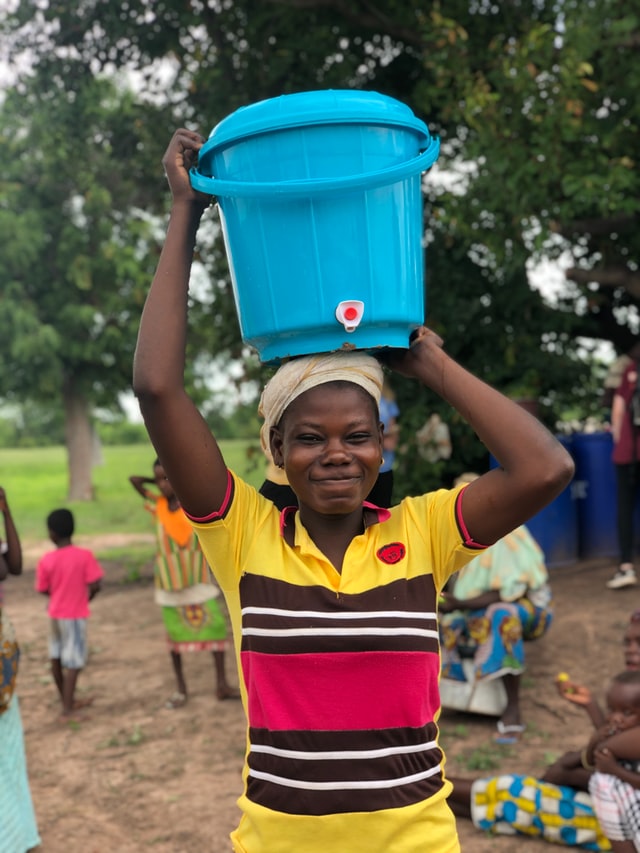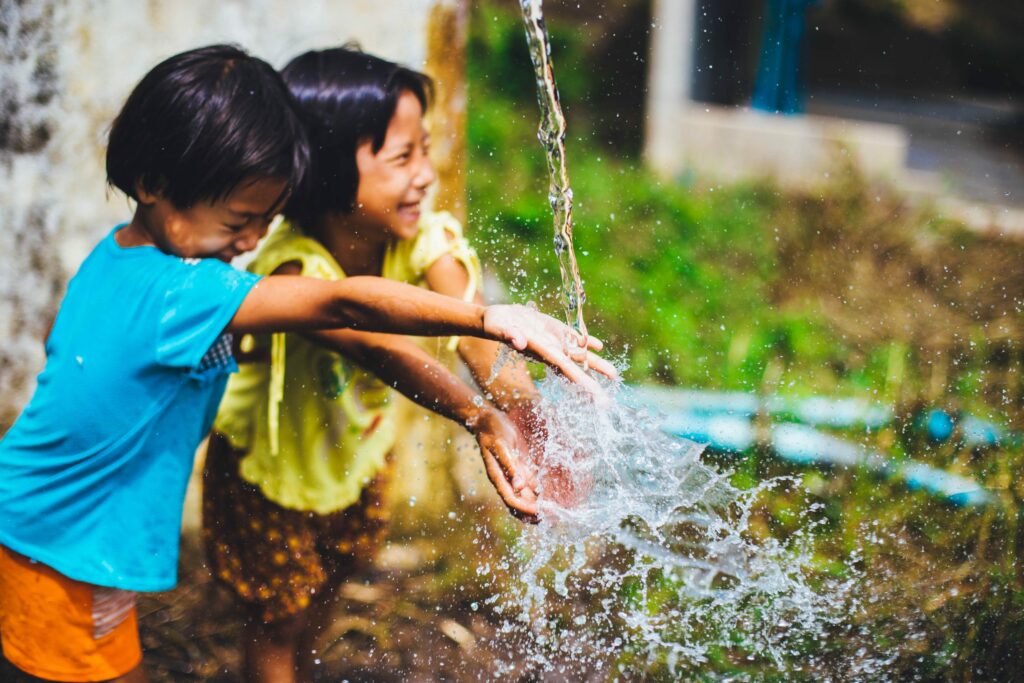16 September 2021
Integrity can put cities back on path to achieve clean water and sanitation for all
Currently, we are not on track to achieve SDG 6, but the New Water Integrity Global Outlook 2021: Urban Water and Sanitation report claims cities, with integrity, can lead the way and bring society back on track, playing a critical role in meeting the water needs of the urban poor.



The New Water Integrity Global Outlook 2021: Urban Water and Sanitation report was launched at Stockholm World Water Week, during a session co-hosted by the Water Integrity Network (WIN), ICLEI Africa and Stockholm International Water Institute (SIWI). The report shares strategies to ensure universal access to sustainable water and sanitation services.
The global urban population is rapidly increasing and with it the number of people living in informal settlements. All urban residents, including, and especially, the urban poor, need water for life and sanitation for dignity. Cities need to address the lack of access to these essential services to meet the needs of our cities’ vulnerable citizens.
This year, we have seen floods sweep through cities across the globe, from the United States to Sudan. These floods have shown that cities are unprepared to manage rising water sector threats linked to climate change, even in cities where advanced warning and resources exist. Recent droughts are stark reminders of the possibility of more ‘day zeroes’ for cities running out of water, as we saw in Cape Town in 2018 and many more cities before and since.
We recognise that water will be the defining resource in our urban future and that local governments have a critical role to play in the achievement of SDG 6
Tunc Soyer
Mayor of Izmir Metropolitan Municipality in Turkey and member of Global Executive Committee of ICLEI Local Governments for Sustainability
At present, 1.5 billion people don’t have access to adequate toilets and current progress is not in line to achieve SDG 6 by 2030. To do this, rates of progress since 2015 must increase at least 4 times. Many people in poorer neighbourhoods pay 2 to 5 times more for water than richer neighbours and services to richer neighbourhoods are sometimes disproportionately subsidised and supported. The challenge is not only technical or financial. To address the compounding water risks urban areas face and build resilience, cities must lead with integrity.
Water integrity is using vested powers and resources ethically and honestly to ensure people have access to equitable and sustainable water and sanitation services
Barbara Schreiner
Executive Director of the Water Integrity Network (WIN) and one of the authors of the report
The new Water Integrity Global Outlook (WIGO) 2021 report shares case studies and examples of how everyone; from mayors to residents, from utilities to civil society, and from Water, Sanitation and Hygiene officials to funders and the media, can take steps towards integrity.
At the launch of the WIGO 2021 report at Stockholm World Water Week, Engineer, Juan Carlos Fuentes, Head of the Regulation Department at ERSAPS (Ente Regulador de los Servicios de Agua Potable y Saneamiento), Honduras shared his experience working with integrity tools with WIN: “With 20 urban service providers, we worked on service provider management models, increasing autonomy and making sure civil society representatives have a spot on the Board of Directors. This has been of great importance to guarantee a balance of power in the decision-making process.”
During the World Water Week events, other countries also shared how they are making progress. In South Africa, organisations like the International Budget Partnership are working with residents of informal settlements to monitor sanitation service levels and contribute to filling the gap in data and statistics that leaves people behind and out of the system.

Cities in Bolivia, Georgia, Ghana and the Philippines have all achieved results in improving essential services, fostering water integrity by launching multi-stakeholder monitoring processes. These examples and more data can be found in the WIGO 2021 report, which provides a useful baseline for cities to start building integrity through improved governance.
In the coming months, WIN and its network partners will collaborate on initiatives to promote WIGO’s key recommendations and motivate new integrity champions for water and sanitation. WIN is also rolling out tools for city stakeholders to understand and assess integrity risks, including a Water Integrity Risk Index for cities.
Download the report here and feel free to share it with your city’s water and sanitation representatives to ensure all our urban residents receive access to this essential resource that can transform their lives.



